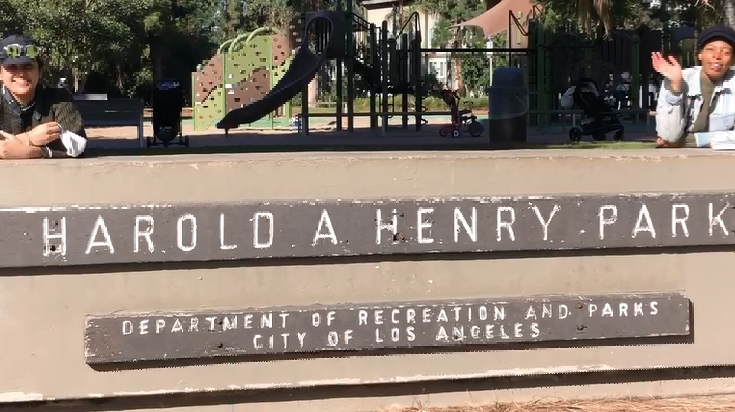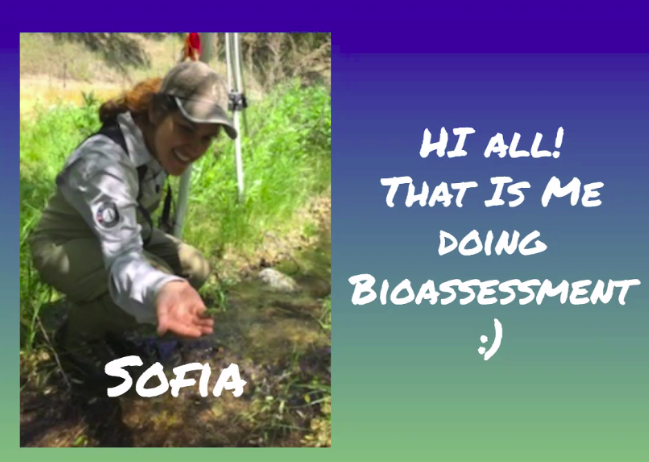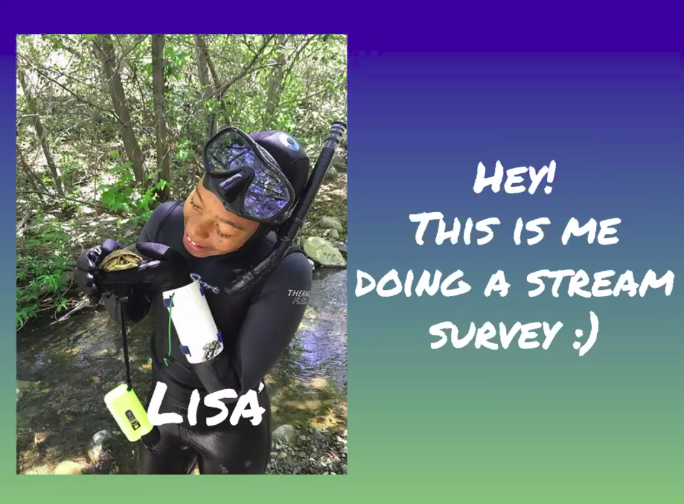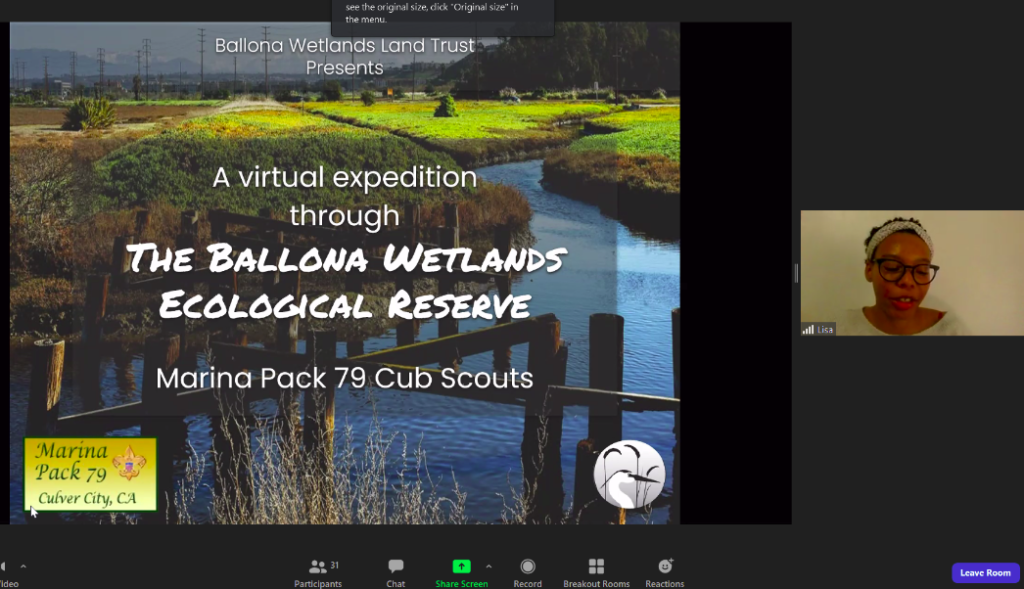2020 was an extremely challenging year for all of us but we are extremely proud of what we were able to accomplish in this difficult environment. You can learn more about how we adjusted our educational programs here, and more about our legal efforts here.
We made progress toward our goals of improving public access at the ecological reserve for education and stewardship and of converting excess paved parking areas to habitat, but we fell short of achieving these goals outright. We hope to be, and are confident that we will be, successful in these efforts in 2021 if we have your support.
With regard to access, after years of effort, we were finally able to get the Department of Fish and Wildlife to issue a memorandum outlining their concerns about implementing public access. Using this outline, we developed detailed plans that would allow access while maintaining the sensitive ecological and cultural assets of the ecosystem.
With regard to the excess paved parking areas, we filed a petition with the Fish and Game Commission requesting a determination of the compatibility of that land use, which the Commission was required by regulation to make. When the Commission refused to make such a determination, we filed suit to compel them to do so.
In addition to our education and advocacy work, Lisa and Sofia also continued to take periodic water quality measurements in Ballona Creek, once it was deemed safe to do so. This work will continue in 2021.
The Land Trust was represented at over 20 meetings of public agencies and we have done several public presentations of our own on the topic of the Ballona Wetlands.
We hope that you can support our work so that it may continue in 2021. If you are able to make a donation, please do so here.



